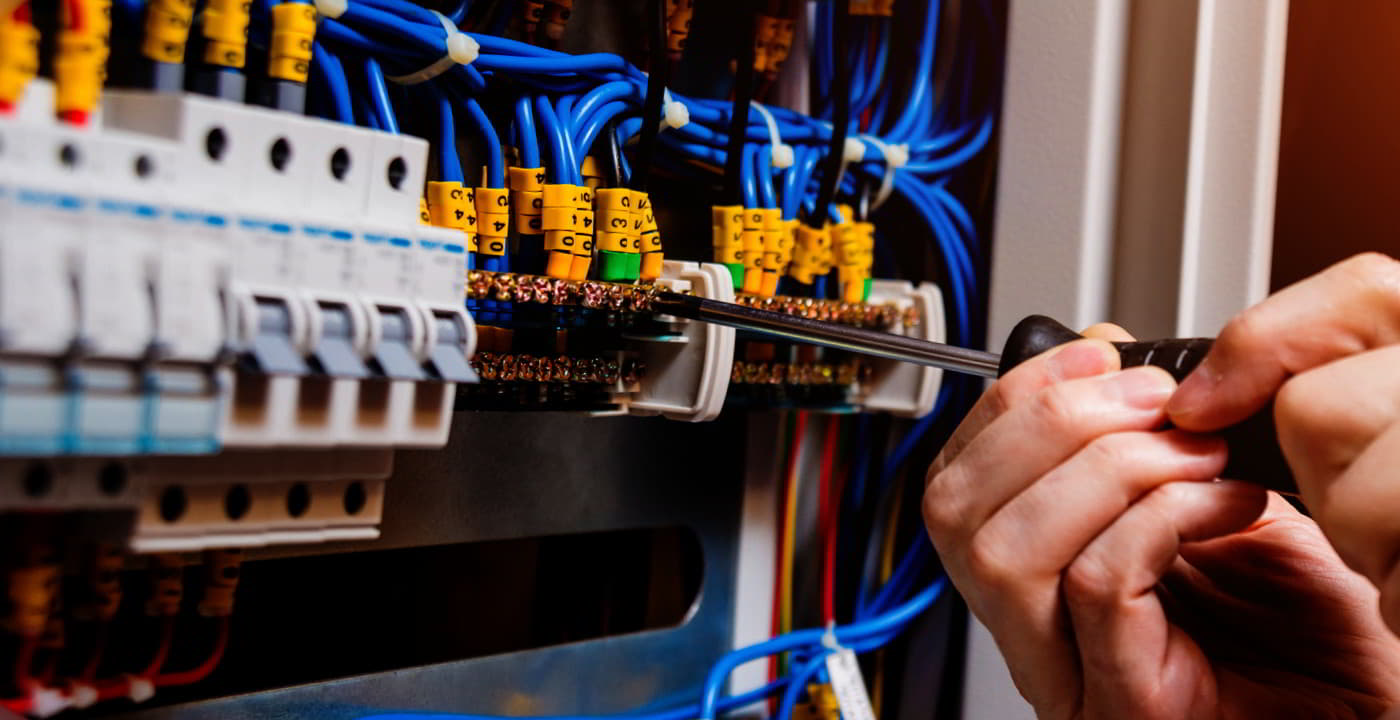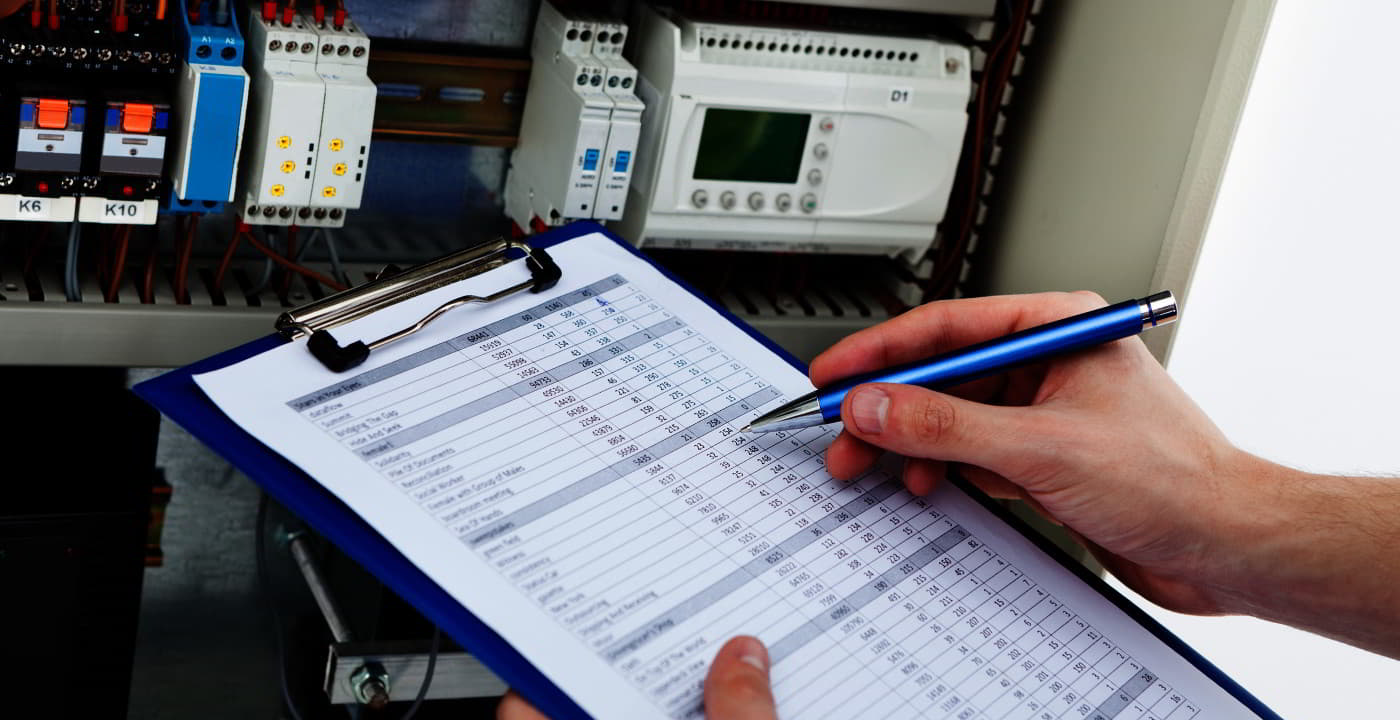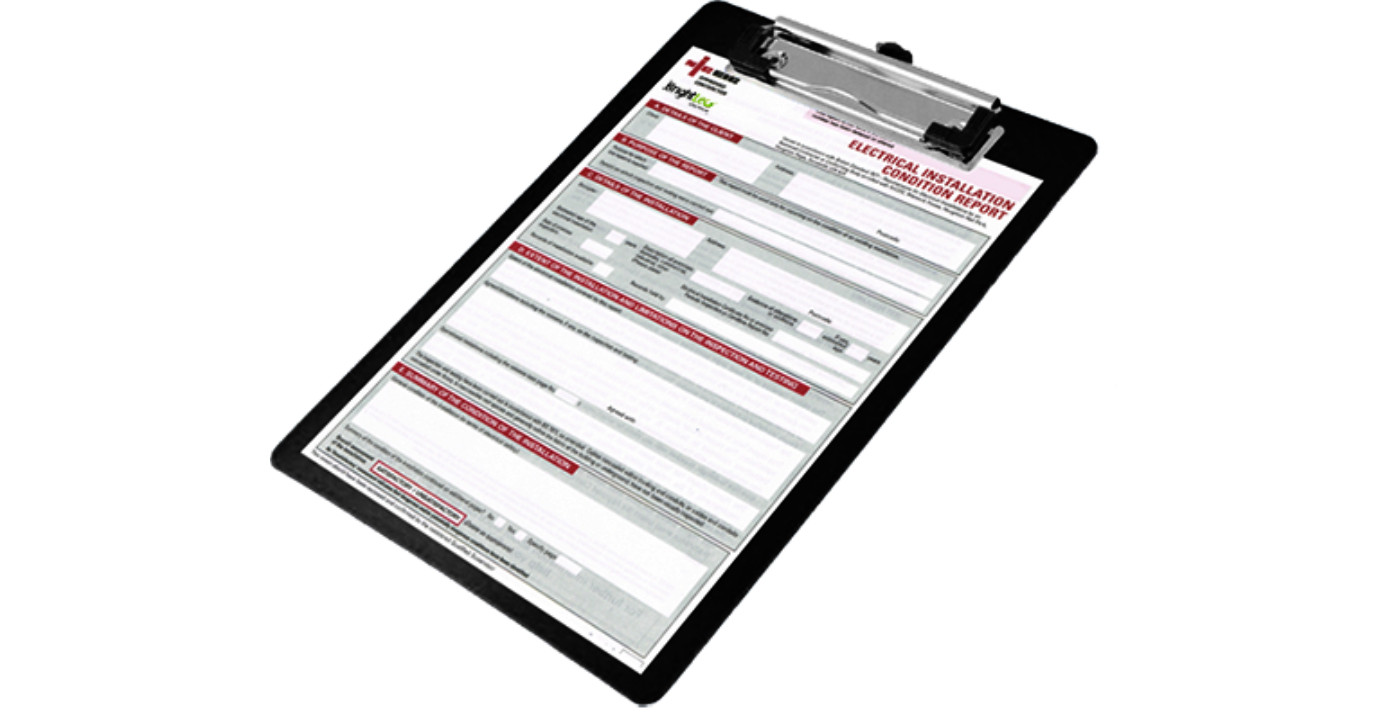
Attention landlords! Are you up to date with the latest electrical safety regulations?
With official Government figures showing that the second biggest cause of domestic fires in the UK in 2022 was faulty electrical appliances and leads, it has never been more important to familiarise yourself with landlord electrical safety regulations that cover your properties.
There have been a number of changes in recent years including the introduction of the Electrical Safety Standards in the Private Rented Sector Regulations which require safe electrical installations in rental properties and there is a further change coming to affect in April 2023.
The regulations and information a landlord is required to consider can feel overwhelming at times, but we are here to walk you through the current regulations that you need to take into consideration. Keep reading!
In a rush? Key summary
- Landlords in the UK are legally required to ensure that electrical installations in their rental properties are safe and in good working order by carrying out an Electrical Installation Condition Report (EICR) at least once every five years, or when there is a change of tenancy, whichever comes first.
- From April 2023, the mandatory electrical safety checks will need to be carried out once every two years and landlords will be required to provide a copy of the EICR to the local housing authority within seven days of receiving a written request.
- Non-compliance with these regulations can lead to fines of up to £30,000, as well as legal action, and landlords should ensure their rental properties are compliant to protect the safety of tenants and avoid potentially costly fines or legal issues.
Overview of the current regulations

Electrical testing in the UK is a legal requirement for landlords. They must ensure that the electrical installations in their rental properties are safe and in good working order. The current regulations in England that form the Electrical Safety Standards in the Private Rented Sector (England) Regulations 2020 include:
Landlords must ensure that all electrical installations in the property are safe and in good working order.
- An Electrical Installation Condition Report (EICR) must be carried out at least once every five years or when there is a change of tenancy, whichever comes first. It is a legal requirement for landlords to have this electrical certificate for their rental properties.
- Any issues identified in the EICR must be addressed within the specified timeframe.
- Landlords must provide a copy of the EICR to the tenant(s) within 28 days of the inspection, or before the start of a new tenancy.
- Landlords must keep a copy of the EICR and any associated paperwork for at least two years.
- Landlords must ensure that any electrical appliances provided with the property are safe and in good working order.
- Landlords must consider using a registered electrician who is a member of a competent person scheme to carry out any necessary electrical work.
The Electrical Installation Condition Report (EICR) must be carried out by a qualified electrician every five years or when there is a change of tenancy, whichever comes first. The EICR assesses the safety and condition of the electrical installations in the property, including wiring, sockets, switches, and other fixed electrical parts. If any issues are identified during the EICR, landlords are required to take action to address them within a specified timeframe with failure to comply resulting in fines of up to £30,000.
It’s important for landlords to understand their responsibilities under these regulations and to ensure that their rental properties are compliant. This not only helps to protect the safety of tenants, but can also avoid potentially costly fines or legal issues.
Upcoming changes to electrical regulations

As a landlord in England, you’ll need to be aware of changes to the regulations that come into effect on 1st April 2023.
Currently the frequency of mandatory electrical safety checks is once every five years, or when there is a change of tenancy, but from April 2023, the checks will need to be carried out once every two years. This change is intended to improve safety for tenants and ensure that any potential issues are identified and addressed in a timely manner.
In addition to this change, landlords will be required to provide a copy of the EICR to the local housing authority within seven days of receiving a written request. The housing authority can then use this information to enforce the regulations, taking action against any landlords that are not compliant.
These regulations are applicable to all types of private rental properties, including houses, flats, and houses in multiple occupation (HMOs).
What is the impact of these changes on Landlords?
These new regulations will have some impact on landlords, particularly from a financial perspective as there will be an increased cost to ensure compliance.
Additional costs will come from the fact that landlords will need to use a qualified electrician to carry out the EICR inspections, and if any issues are identified then there could be a fee for repair or maintenance work.
As already mentioned, non-compliance with these regulations can lead to fines of up to £30,000, as well as legal action, which can lead to further expense and additional stress for landlords. There is also a risk to tenants if the regulations are not followed with faulty electrical installations and appliances being a cause of electric shocks, domestic fires, and in some cases, fatalities.
Whilst the cost and effort of these new regulations and the increased frequency can be of inconvenience to landlords, they ultimately improve the safety of rental properties, offering protection to both the landlord themselves and the tenants.
Frequently Asked Questions
Q: How long does a landlord have to fix an electrical problem in the UK?
A: Generally speaking, there isn’t a specific length of time that a landlord must fix an electrical issue in the UK, unless the issue has been identified through an EICR. If an EICR has identified a problem, the length of time given to fix it will depend on the severity. The levels of severity are as follows:
- C1- An urgent issue that poses immediate danger. This must be made safe as soon as possible.
- C2- Issues that require improvement. These should be addressed promptly, usually within 28 days.
- C3- Further investigation or additional work recommended. This won’t need immediate action but should be addressed as part of planned maintenance.
Although general issues don’t have specific timescales, landlords do have a legal responsibility to ensure that all electrical installations and appliances within the property are safe and in good working order so we would always recommend responding to any issues in a prompt manner.
Q: How often should a rental property be rewired
A: There is no set time frame for rewiring a rental property, although on average it would need to be carried out every 25-30 years. The need for rewiring will depend on factors such as the age and condition of the electrical installations as well as any changes or renovations made to the property. A qualified electrician can advise on the need for rewiring.
Q: Does a landlord have to do an electrical safety check?
A: Yes, landlords have a legal obligation to ensure that all electrical installations and appliances in the rental property are safe and in good working order. This includes carrying out an Electrical Installation Condition Report (EICR) at least once every five years or when there is a change of tenancy, whichever comes first.
Q: How long is an electrical safety certificate valid for?
A: An Electrical Installation Condition Report (EICR) is valid for up to five years, or until the next inspection is due.
Q: What is the cost of an electrical certificate?
A: The cost of an Electrical Installation Condition Report (EICR) will vary depending on factors such as the size of the property, the location, and the company or individual hired to carry out the inspection. On average, the typical cost of an EICR in the UK is between £150-250.
Summary
Landlord electrical safety regulations are in place to ensure that rental properties have safe and reliable electrical installations and appliances.
Staying up-to-date with current and upcoming regulations, as well as ensuring compliance, will help ensure that their rental properties are safe and in good working order, and avoid the potential legal and financial consequences of non-compliance.
Although the number of regulations involved as a landlord can feel overwhelming and costly, they are ultimately set out to protect both yourself and your tenants. Protect your investment and the safety of the occupants by maintaining your property with us at Management and Maintenance, we can make the process simple and easy for you.




